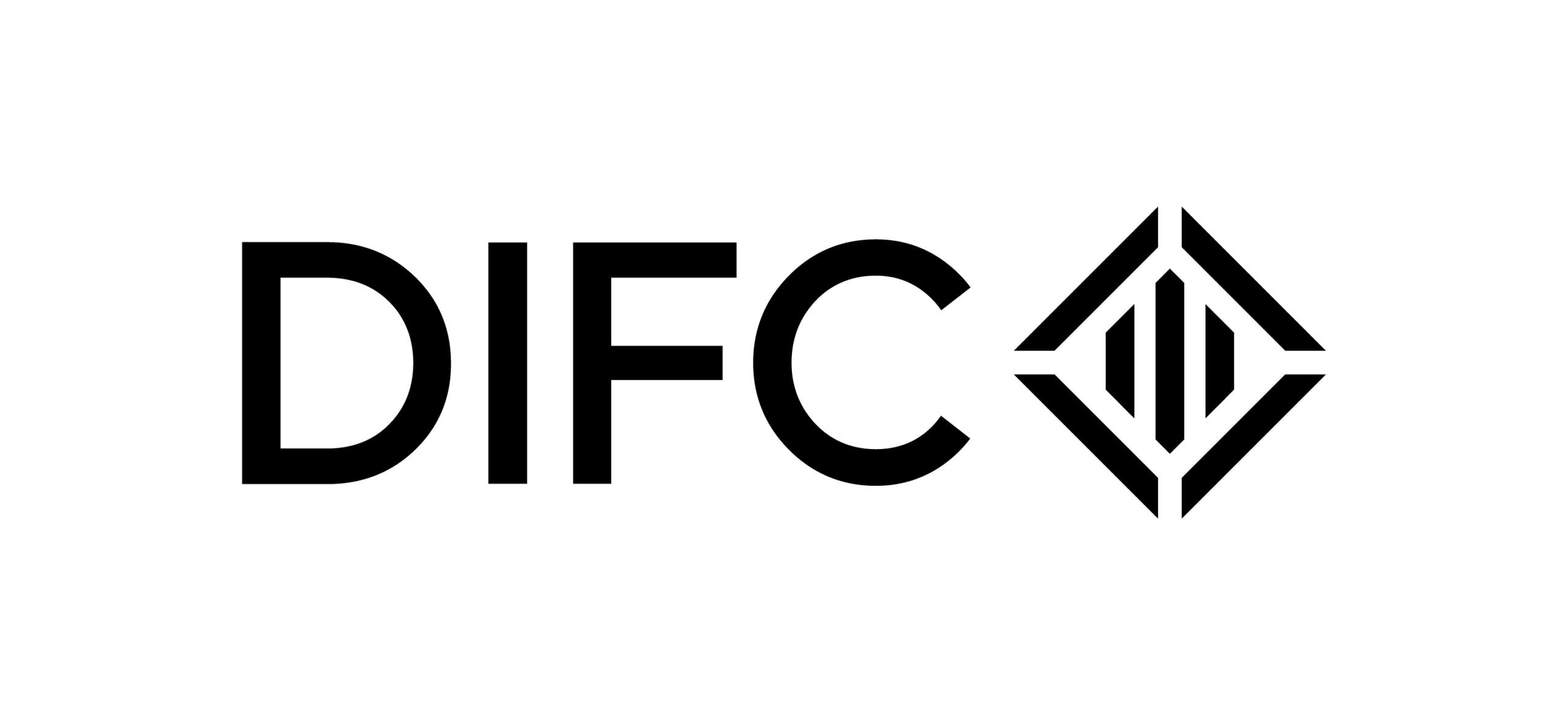
Trusts provide a secure way to safeguarded family wealth for future generations. Cash, investments, property, and other valuables, including art and jewellery, can all be protected through a reliable trustee, giving settlors or grantors peace of mind and ensuring the security of future generations.
Since a trustee takes on the fiduciary responsibility for protecting and managing their client’s assets, it is essential to find dependable partners and select one carefully. Not all trustees are alike, and some are able to provide more tax-efficient and secure ways of managing wealth than others.

Access deeper industry intelligence
Experience unmatched clarity with a single platform that combines unique data, AI, and human expertise.

Already recognised as a world-leading business and innovation hub, Dubai is emerging as a leading trust provider. Providing flexible succession planning, asset protection, and a strong legal framework, Dubai International Financial Centre (DIFC)’s advanced capabilities have made it a top choice for grantors worldwide. The centre is home to more than 600 active entities affiliated with top family businesses, among them more than 120 of the world’s wealthiest families with a net worth exceeding $1 trillion.
Finding a trust with a supportive jurisdiction
When selecting a trustee, it is important to examine their jurisdiction as this will determine the regulatory and legal framework under which they operate. These frameworks can in turn have significant influence on the effectiveness of the trust.
DIFC Trust Law has been hailed by leading practitioners and academics as one of the strongest globally. Segregated from personal assets, trust assets held by DIFC are safeguarded against creditor claims and legal disputes while a strict privacy framework protects the identities of settlor and beneficiaries.
Moreover, putting wealth in the hands of a trustee – who is legally obligated to manage it prudently – protects assets from being mismanaged by unfortunate financial decisions or the actions of individual family members. Trustees who provide flexible management of the trust can also help enhance familial governance of wealth. DIFC trust deeds can include provisions for family councils or committees to ensure all members are involved in the decision-making process, helping to promote unity and reduce disputes.
Settlors can also tailor their trust to their own specific circumstances. DIFC settlors retain the right to appoint or remove trustees, amend the trust deed, or direct investment. These powers make the trust more adaptable in the face of changing family dynamics or financial situations.
Succession planning is another challenge that can sometimes cause conflict. DIFC trusts can be set up so that heirship rights conferred by foreign law need not be recognized. They can also clearly define how and when assets are released. For example, assets can be distributed only when the beneficiary reaches a certain age, or for specific purposes, such as education expenses or property purchase. Distributions can be made in a lump sum or spread over time as monthly or annual annuities, a particularly useful tool for helping children, young adults, or the financially inexperienced to manage their money.
Making trusts tax-efficient
On top of these advantages, the DIFC legal framework is designed to accommodate international clients with cross-border interests. The trusts offer flexibility in dealing with assets and beneficiaries in different jurisdictions, in turn allowing global families to adopt a unified approach to wealth management.
Tax residents in the United Arab Emirates (UAE) are not liable for personal income tax, but DIFC trusts are not immune to the personal tax obligations of a settlor or beneficiaries outside the UAE. However, the trusts do offer significant opportunities to minimise families’ tax liabilities, including inheritance tax, capital gains tax, and income tax. Additionally, the UAE’s favourable corporate tax regime is applicable to Family Foundations, which includes trusts, thus ensuring more wealth is preserved for future generations. All of these benefits have made DIFC a leading model for trust management worldwide.
How to get started in building a trust
Any settlor establishing a trust should engage family members in conversation to discuss key factors before any decisions are taken.
Firstly, the settlor needs to define the purpose of the trust clearly, whether it be for estate planning, charitable giving, or asset protection. Openly communicating these aims will ensure family members are aligned and prevent misunderstandings. Furthermore, beneficiaries need to be identified and their requirements and personal financial situations made clear to all involved parties.
Through group discussion, it will need to be determined which assets are to be transferred into the trust. This can be a more difficult process than anticipated, especially where family members co-own certain assets, or if assets have sentimental value. Legal and tax professionals should also be discussed to ensure compliance with relevant laws and to consider tax consequences.
Choosing the right trustee can help assuage these worries and ease any pain points in establishing a trust. An expert partner such as DIFC can make all the difference in preventing disagreements, providing legal protection, and optimizing wealth management so that all parties are satisfied. To learn more about wealth management with DIFC, click the banner on this page.


